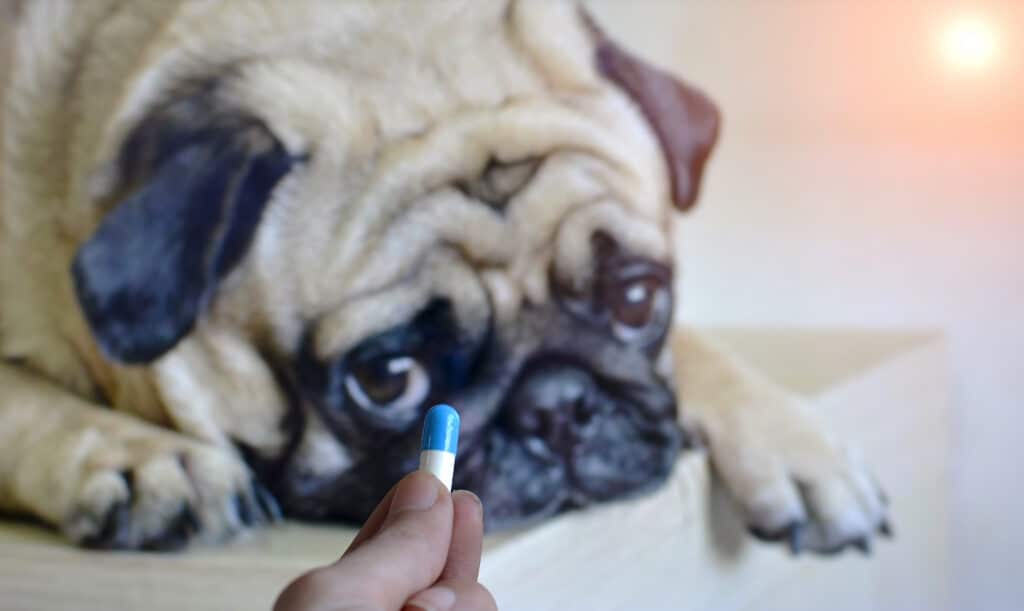
Diarrhea
By Dr. Sherry Weaver Diarrhea is the frequent and repetitive passage of loose, watery stool. Your judgment regarding the health status of a pet with diarrhea is critical. Bloody diarrhea with severe straining may be an emergency especially for small dogs. Diarrhea along with vomiting can be signs of serious intestinal obstruction that may even need surgery. Weakness, pain, vomiting, or agitation are serious signs that the pet needs medical attention-not simply a little first aid! A pet with diarrhea but with few other signs of distress may sometimes be treated at home, but the variables are so numerous that

















